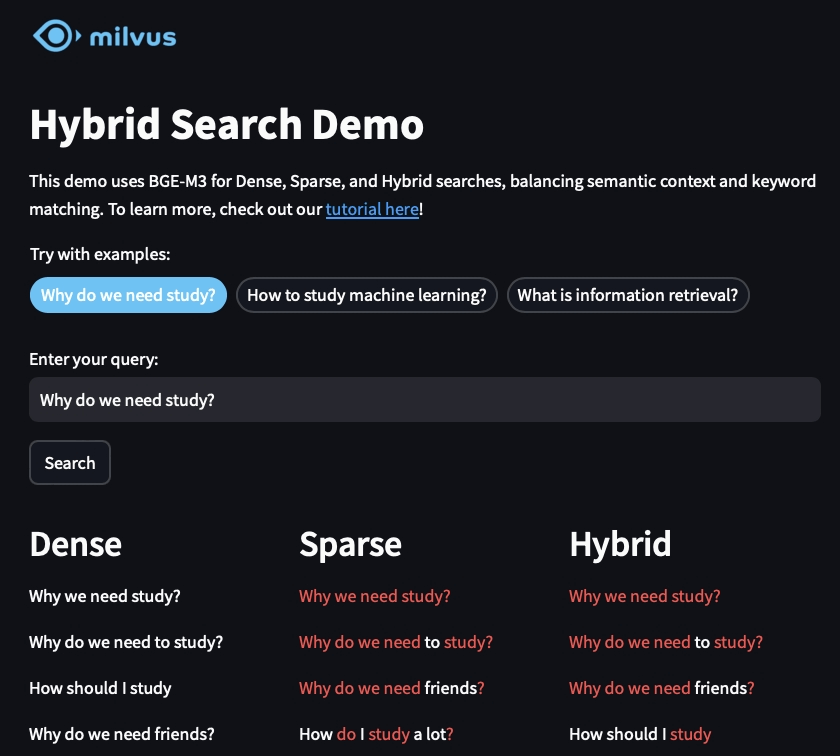Full-text search systems typically handle punctuation by ignoring or removing it during both indexing and query processing. When a document is indexed, the text is broken down into tokens (individual words or terms) through a process called tokenization. Most tokenizers automatically strip punctuation marks from words to simplify matching and reduce noise. For example, the phrase “It’s a test!” would be split into tokens like "its", "a", and "test", with the apostrophe and exclamation mark removed. This normalization ensures that variations like “test” and “test?” are treated as identical terms, improving search consistency.
When a user submits a query, the same tokenization rules apply. Punctuation in search terms is stripped before matching against the indexed tokens. For instance, searching for “error: file not found” would remove the colon and match "error", "file", "not", and "found". This approach prevents punctuation from interfering with keyword matching. However, some systems allow exact phrase searches using quotes (e.g., “error: file not found”), which may preserve punctuation within the quoted phrase for stricter matching. Even in these cases, the engine often relies on positional data (word order) rather than literal punctuation to determine relevance.
There are exceptions where punctuation is retained, depending on the system’s configuration or specific use cases. For example, email addresses (“user@domain.com”) or URLs (“https://example.com”) might be treated as single tokens if the tokenizer recognizes them as special patterns. Some engines also allow custom rules, such as keeping underscores in identifiers (“user_id”) or hyphens in compound words (“state-of-the-art”). Developers can often adjust tokenization settings—like defining a list of allowed characters—to meet specific needs. However, the default behavior prioritizes simplicity and broad applicability, favoring predictable results over edge-case precision.
